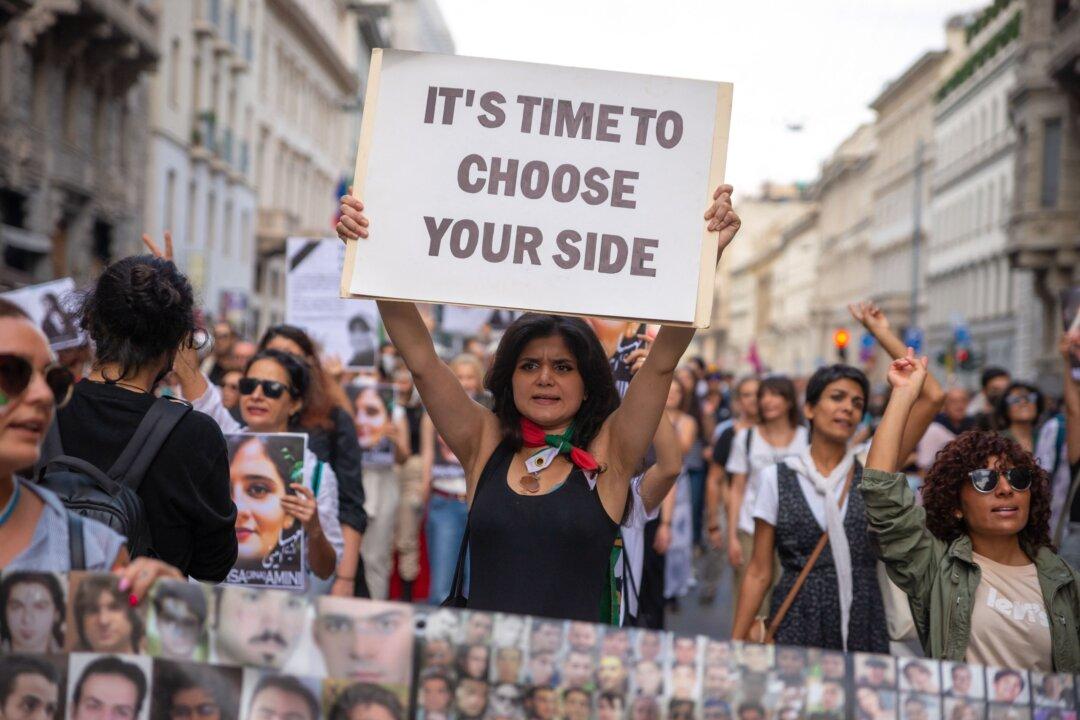An Iranian court has sentenced two female journalists to prison time for alleged collaboration with the United States. Both have been in pre-trial detention since covering Mahsa Amini’s death in custody in September 2022.
According to Iran’s state news agency IRNA, Niloufar Hamedi, from the reformist newspaper Shargh, was sentenced to seven years in prison by The Tehran Revolutionary Court. Elaheh Mohammadi, from Ham-Mihan, also a reformist publication, received six years.





